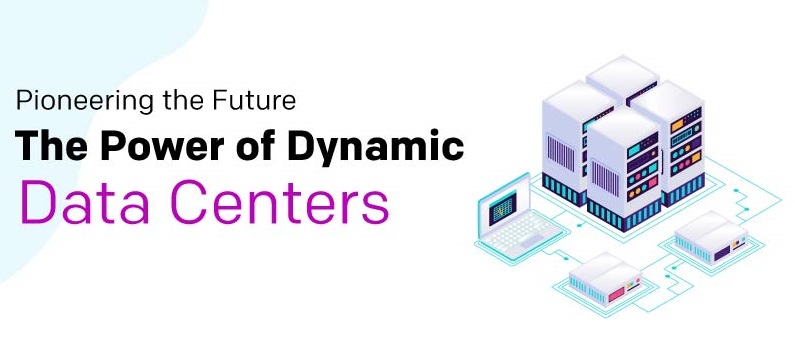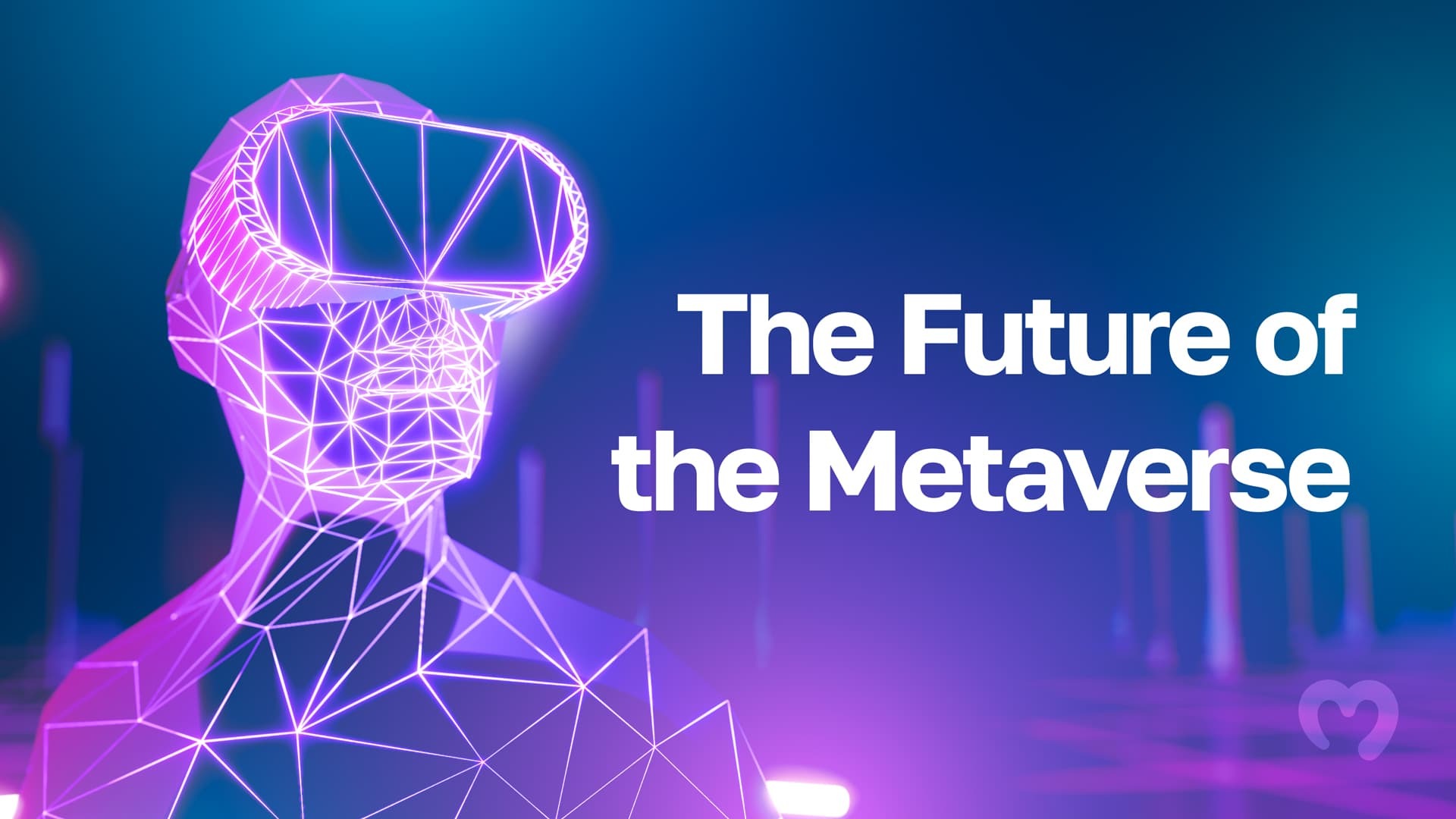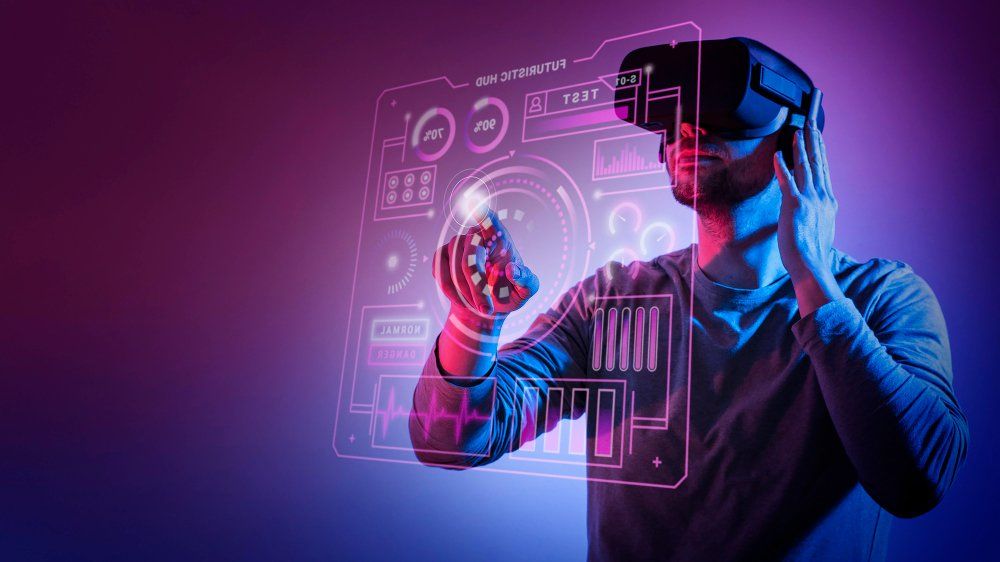The integration of generative AI into predictive healthcare analytics is revolutionizing the medical field, offering unprecedented capabilities in diagnosing, treating, and managing health conditions. By leveraging advanced machine learning algorithms and datasets, generative AI can predict patient outcomes with remarkable accuracy which enable proactive healthcare interventions. This article explores the transformative capabilities of generative AI in predictive healthcare analytics which are supported by expert analysis and real-world case studies.
The Evolution of Predictive Healthcare Analytics
Predictive analytics in healthcare involves using historical data, machine learning algorithms, and statistical techniques to predict future outcomes. Traditionally, these models relied on structured data such as patient demographics, lab results,and clinical notes. However, the arrival of generative AI has expanded the scope to include unstructured data like genomic sequences, medical images, and patient narratives.
Generative AI models, particularly those based on neural networks like Generative Adversarial Networks (GANs) and Variational Autoencoders (VAEs), can synthesize data that replicate real-world scenarios. This capability enhances predictive accuracy and also aids in generating synthetic data for training models by maintaining patient privacy.
Case Study: Predicting Chronic Disease Management
One of the most significant applications of generative AI in predictive healthcare analytics is in managing chronic diseases. For instance, diabetes management has seen substantial improvements through AI-driven predictive models. Researchers at a leading medical institution used a combination of electronic health records (EHRs) and continuous glucose monitoring data to train a generative AI model. This model could predict episodes of hypoglycemia with an accuracy rate exceeding 90%, allowing for timely interventions and personalized patient care plans.
AI-Powered Predictive Models for Cancer Treatment
Cancer treatment is another area where generative AI is making a profound impact. Traditional predictive models often struggled with the complexity and variability of cancer progression. However, a study conducted by a renowned oncology research center demonstrated that a generative AI model could predict tumor growth and response to various treatments more accurately than existing methods. By analyzing both imaging data and molecular profiles, the AI provided oncologists with insights that led to more effective and tailored treatment plans.
Generative AI in Early Disease Detection
Early detection of diseases is crucial for improving patient outcomes, and generative AI is proving to be a game-changer. A notable example is the detection of Alzheimer’s disease. Researchers developed a generative AI model that analyzed longitudinal patient data, including cognitive tests and brain scans. The model successfully predicted the onset of Alzheimer’s several years before clinical symptoms appeared, offering a critical window for early intervention.
Forecasting Epidemic Outbreaks
The COVID-19 pandemic underscored the importance of predictive analytics in managing public health crises. Generative AI has been instrumental in forecasting the spread of infectious diseases. A collaboration between a tech company and a global health organization used generative models to predict COVID-19 case numbers and hospitalizations, which helped allocate resources more efficiently and implement timely containment measures.
Ethical Considerations and Challenges
While the benefits of generative AI in predictive healthcare analytics are clear, there are ethical considerations and challenges to address. The potential for bias in AI models, data privacy concerns, and the need for transparent and explainable AI are paramount. Healthcare providers must ensure that generative AI models are trained on diverse datasets to minimize bias and are designed to protect patient confidentiality.
Conclusion
Generative AI is poised to redefine predictive healthcare analytics, offering more accurate, personalized, and timely insights than ever before. From chronic disease management and cancer treatment to early disease detection and epidemic forecasting, the potential applications are vast and transformative. As we continue to refine these technologies and address the accompanying challenges, generative AI will undoubtedly play a pivotal role in the future of healthcare.For healthcare providers, researchers, and
technology developers, embracing generative AI in predictive healthcare analytics represents a significant step towards a more proactive, efficient, and patient-centered healthcare system.

Mr. Keyur Patel,
Keyur Patel is a distinguished Lead cloud Solution Architect expert with over twelve years of consulting experience, primarily focused on Data Engineering and Artificial Intelligence. His career features successful project executions across distinguished organizations and Fortune 500 companies, establishing him as a leader in his field.











